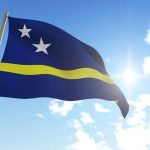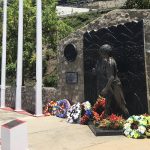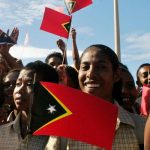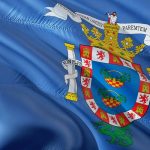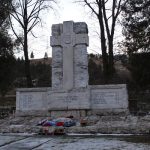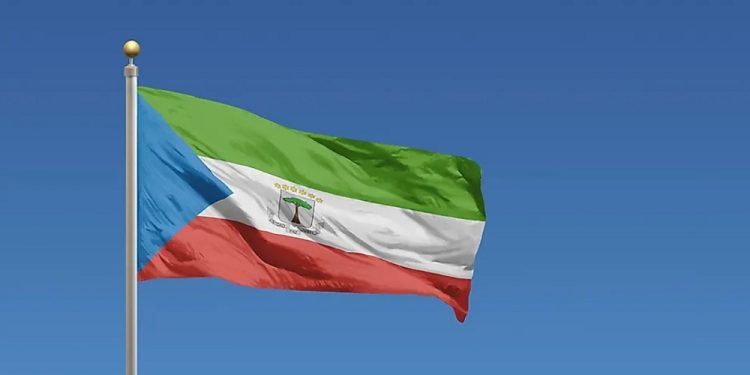
Constitution Day in Equatorial Guinea
On August 15th every year in Equatorial Guinea, people celebrate Constitution Day. Although this country gained its independence in 1968 and has had several constitutions over the years, this date reflects the constitution that was approved by a referendum on this date in 1982.
Since that constitution was approved, it has had several amendments added to it. This constitution is considered the most important one because it marks a turning point in the history of the country. It is for this reason that this day is a public holiday on which non-essential government offices, schools, and most businesses are closed. And since many people have the day off, they can use the day to enjoy some time with friends and family members.
The History Of Constitution Day In Equatorial Guinea
In October of 1968, Equatorial Guinea gained its independence from Spain. In August of that year, a constitution was put to a public referendum, and 63% of the electorate voted in favor of it.
This constitution provided for a government with a General Assembly and a Supreme Court with judges who were appointed by the country’s president. The president elected to lead the country was Francisco Macias Nguema.
The president would create a single-party state to consolidate his power, and a new constitution was approved by referendum and put into effect in 1973. President Nguema ruled as a dictator until he was deposed by Lt. Colonel Teodoro Obiang on August 3, 1979. Nguema was arrested, tried, and then executed.
Obiang would then assume the position of the presidency in October of 1979. On August 15, 1982, a new constitution was approved. Since then, the constitution has been amended several times, but it is still considered a major turning point for the direction of the country.
Observing Constitution Day In Equatorial Guinea
Aside from speeches delivered at official ceremonies and the occasional military parade, there aren’t very many celebrations on the day of this holiday. However, it is a day off for the general population, and many businesses, government offices, and schools are closed.
